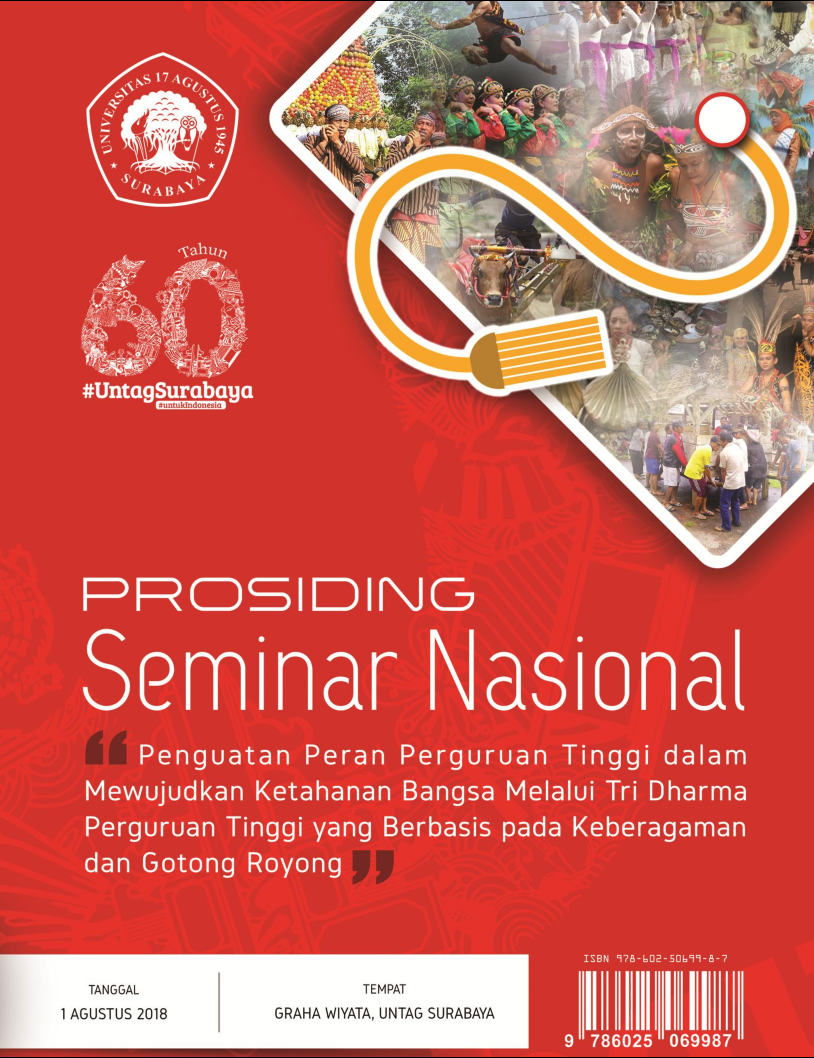PENGARUH PSIKOEDUKASI TERHADAP PENGETAHUAN TENTANG ORANG DENGAN GANGGUAN JIWA DI DESA NGLUMBANG, KEDIRI
Abstract
Mental disorders can affect everyone, regardless of age, race, religion, or socio-economic status. Mental disorders are not caused by personal weakness, in many societies circulating false beliefs or myths about mental disorders caused by disruption of evil spirits, some accuse them of being used for use, because of curses or punishment for their sins. This false belief will only harm the sufferer and his family because people with mental disorders do not get treatment quickly and accurately. Lack of knowledge about mental disorders can cause sufferers to experience cases of grooming, mismanagement and neglect. So it is very important to provide knowledge about mental disorders in order to improve a better standard of living for patients and families. The research population is the community in the village of Nglumbang, Kediri with a purpose sampling method of community members PKK mothers and youth youth groups totaling 37 participants. Hypothesis testing using t test. The results of calculations using the SPSS 20.0 for Windows program obtained t count value is -3.870 with sig = 0.000 (P = 0.01). The conclusion of the study is that there is a significant relationship between the provision of psychoeducation materials to increase knowledge about mental disorders. Thus, giving material psychoeducation about knowledge about mental disorders can make members of the PKK and Karang Taruna youth understand and understand what a mental disorder, causes, characteristics and treatment of people with mental disorders Keywords: Psychoeducation, Knowledge, Mental Disorders.Downloads
Download data is not yet available.
References
Bungin, Burhan.2007.Penelitian
Kualitatif.Jakart : Prenada Media Group
……………2003.Analisis Data Penelitian
Kualitatif.Jakarta: Rajagrafindo Persada
Effendy, Onong Uchjana.2009.Ilmu Komunikasi
Teori dan Praktek.Bandung: PT. Remaja
Rosdakarya
Sugiono.2010.Metode Penelitian Kuantitatif
Kualitatif dan R&D.Bandung:Alfabeta
Liliweri, Alo.1991.Komunikasi Antar
Personal.Bandung: PT. Citra Adity
Bakti
Moleong, Lexy.1994.Metode Penelitian
Kualitatif.Bandung: Remaja Rosdakarya
…………2007.Metodelogi Penelitian
Kualitatif.Bandung: Remaja Rosdakarya
Offset




